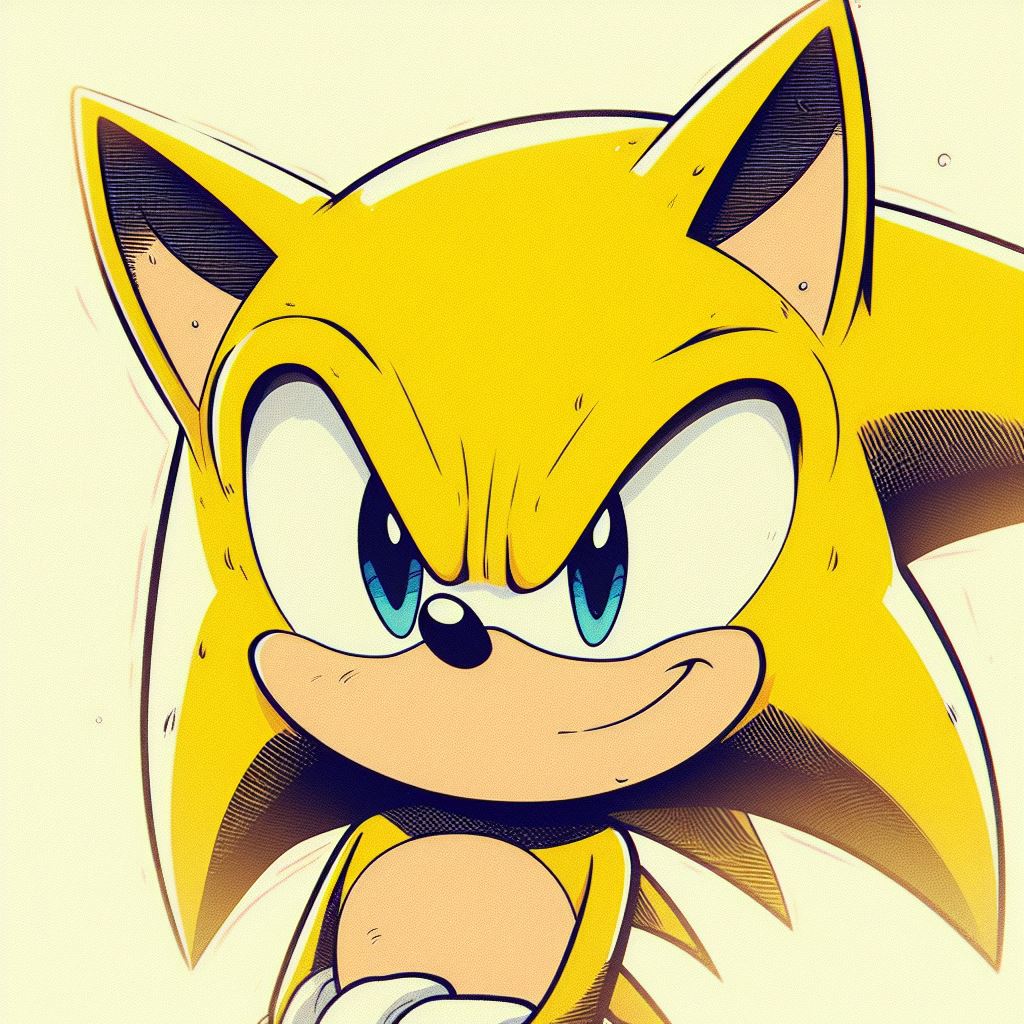- cross-posted to:
- science@lemmit.online
- cross-posted to:
- science@lemmit.online
The relationship between mother and child may offer clues to the mystery of why humans live longer lives than expected for their size – and shed new light on what it means to be human.
“It’s one of the really mysterious things about humans, the fact that we live these super long lives as compared to so many other mammals,” said Matthew Zipple, Klarman Postdoctoral Fellow in neurobiology and behavior in the College of Arts and Sciences. “What we’re putting forward is that a part of the explanation for our long lifespan is this other foundational aspect of our lives, which is the relationship between the mother and her child.”
The paper, “Maternal Care Leads to the Evolution of Long, Slow Lives,” published in the Proceedings of the National Academy of Sciences on June 14.
In their models, Zipple and co-authors found consistently that in species where offspring survival depends on the longer-term presence of the mother, the species tends to evolve longer lives and a slower life pace, which is characterized by how long an animal lives and how often it reproduces.
“As we see these links between maternal survival and offspring fitness grow stronger, we see the evolution of animals having longer lives and reproducing less often – the same pattern we see in humans,” Zipple said. “And what’s nice about this model is that it’s general to mammals overall, because we know these links exist in other species outside of primates, like hyenas, whales and elephants.”
Zipple and co-authors provide a universal mathematical model that demonstrates the relationship between the maternal survival and fitness of offspring on the one hand, and on the other, pace of life. Two additional empirical models incorporate the types of data about maternal survival and offspring fitness collected by field ecologists. Zipple said the hope is that these models can be further tested and utilized by field ecologists to predict how maternal care and survival impacts the evolution of a species’ lifespan



I think this speaks to a specific thing that can be transferred to human beings. We often focus on the sacrifice for children which is true and real, but the study shows that parents need to take care of themselves because having your parents alive has an impact on you beyond your weaning stage. I think that even though this study is about primates, that’s a truth that also applies to humans.
The article looks at females because it’s using datasets from primates, but I also believe this would apply to some degree to both parents in human populations. There is data supporting the fact that the 2-parent household is more ideal than a single parent household (and a household with no surviving parents would be worse than that, even after the weaning period is over for a variety of reasons)
Primate societies would likely help tribemates who are not direct kin the same as humans do, but both primate societies and human societies see people helping others less than their direct kin. There’s studies showing that stepparents are not the same as parents statistically in this regard.